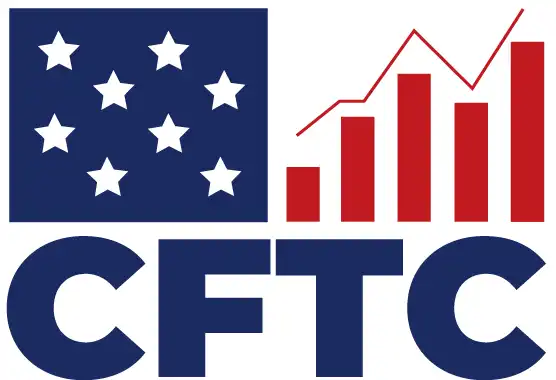CFTC
|
The Commodity Futures Trading Commission (CFTC) is an independent federal agency in the United States responsible for regulating the futures and options markets. Established in 1974, the CFTC has since played a crucial role in fostering transparency and ensuring the stability of these markets. This article will provide an overview of the CFTC’s history, scope, supervision, capital guarantee, and organization type.
CFTC History
The CFTC was established by the Commodity Futures Trading Commission Act of 1974 as a direct response to the growth and increasing complexity of the commodity futures markets. The agency’s creation was deemed necessary to protect market participants from fraudulent practices, manipulation, and excessive speculation.
Prior to the CFTC’s establishment, the U.S. Department of Agriculture (USDA) regulated the commodity futures markets through the Commodity Exchange Authority (CEA). However, as the markets evolved, the need for a more specialized and independent regulatory body became evident.
CTC Scope
The CFTC’s mandate covers a wide range of financial instruments, including futures, options on futures, and swaps. The agency’s primary objective is to ensure the integrity, competitiveness, and efficiency of these markets, ultimately safeguarding the financial system and the broader economy.
The CFTC’s regulatory scope
extends to various market participants, such as futures commission merchants (FCMs), commodity pool operators (CPOs), commodity trading advisors (CTAs), swap dealers, major swap participants, and designated contract markets (DCMs). The agency also plays a significant role in the oversight of derivative clearing organizations (DCOs) and swap execution facilities (SEFs).
Supervision
To carry out its regulatory responsibilities, the CFTC employs a variety of supervisory tools and strategies. Some of these include:
- Rule making: The CFTC establishes and enforces rules and regulations that govern the conduct of market participants and the operation of trading platforms.
- Surveillance and monitoring: The agency monitors trading activities and market data to detect potential violations, manipulative behavior, and other threats to market integrity.
- Enforcement: The CFTC investigates and prosecutes those who violate the Commodity Exchange Act (CEA) and CFTC regulations, imposing penalties such as fines, suspensions, or revocations of registration.
- Education and outreach: The CFTC provides resources and educational materials to help market participants understand their obligations and comply with regulatory requirements.
CFTC Capital Guarantee
While the CFTC works to maintain market integrity and protect investors, it does not provide a capital guarantee. Market participants must be aware of the risks associated with trading futures, options, and swaps. However, the CFTC does oversee the financial integrity of FCMs and clearing






